Introduction
In today’s digital age, the choice of storage drives plays a significant role in our computing experience. Selecting the right storage solution can make or break your user experience. Two primary contenders in this battle are Solid State Drives (SSD) and Hard Disk Drives (HDD). Let’s dive deep into the world of storage wars to understand which one is the right choice for you.
Understanding SSD and HDD
To make an informed decision, it’s crucial to comprehend the fundamental differences between SSDs and HDDs. Both serve the purpose of storing data, but they do so in distinct ways.
Performance Comparison
Speed and Response Time SSDs, with no moving parts, provide lightning-fast speed and responsiveness. Their flash memory technology allows data retrieval in an instant, making your system highly efficient.
Boot Time When it comes to booting up your computer, SSDs win the race by a considerable margin. Your system starts up almost instantly, eliminating those annoying wait times.
File Transfer Speed Transferring files is a breeze with SSDs. Their high read and write speeds make copying files a matter of seconds, even for large files.
Durability and Lifespan
SSDs have a remarkable advantage in terms of durability. As they lack moving parts, they are less prone to physical damage and are more reliable over time. The lifespan of an SSD is also generally longer compared to an HDD.
Power Consumption
For those conscious of power usage and energy efficiency, SSDs are the way to go. They consume significantly less power compared to HDDs, which can help extend the battery life of laptops.
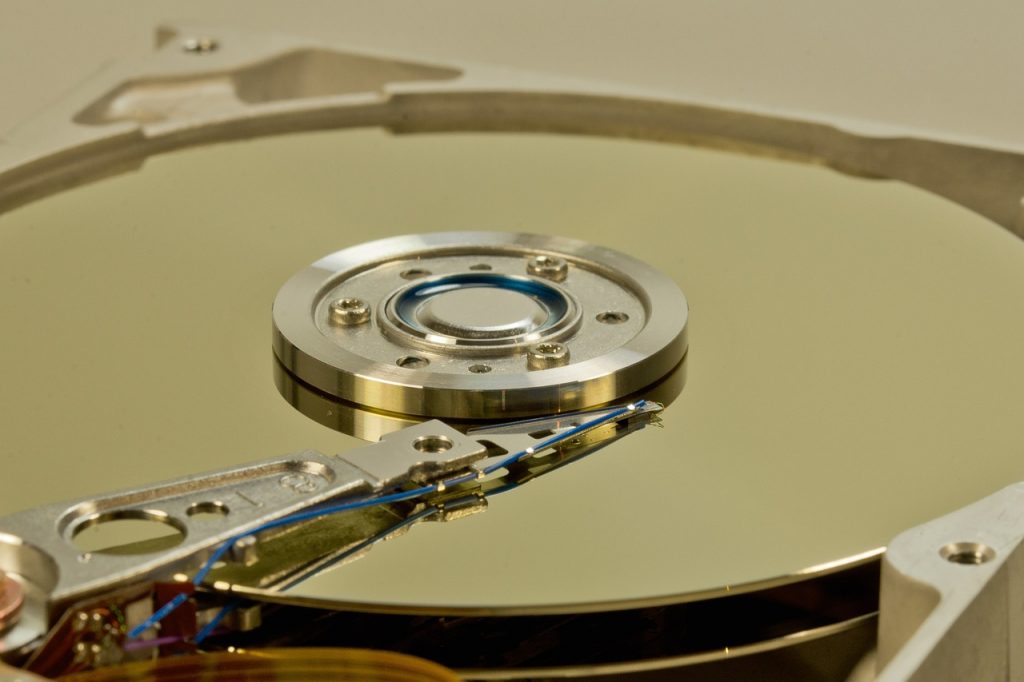
Noise Levels
HDDs, due to their spinning disks, tend to generate noise during operation. In contrast, SSDs operate silently, providing a noise-free computing environment.
Storage Capacity
HDDs are known for their high storage capacity, making them ideal for large data libraries and media collections. However, SSDs have been catching up in capacity while maintaining their speed advantage.
Price Comparison
When it comes to price per gigabyte, HDDs are more budget-friendly. SSDs used to be significantly more expensive, but their prices have dropped in recent years, making them a more cost-effective choice.
Use Cases and Recommendations
The choice between SSD and HDD can greatly depend on your usage and needs.
Gaming and Multimedia Editing For gaming and multimedia editing, where speed and responsiveness are crucial, SSDs are the better option. They can handle large game installations and video editing projects with ease.
Business and Productivity In a business or productivity setting, where reliability and long-term performance are vital, SSDs are recommended. Faster loading times and efficient multitasking can improve productivity.
Storage for Laptops and Desktops
In the context of laptop storage, SSDs are the favored choice for their speed and compactness. For desktops, a combination of SSD and HDD can offer the best of both worlds – speed and ample storage.
Portability and Form Factors
SSDs come in various form factors, including M.2 and 2.5-inch drives, making them suitable for various devices. HDDs are bulkier and less suited for portable devices.
Future Trends and Developments
The storage industry is constantly evolving. With the rise of technologies like NVMe and QLC, SSDs are becoming even faster and more affordable. Keeping an eye on these trends can help you make informed choices.
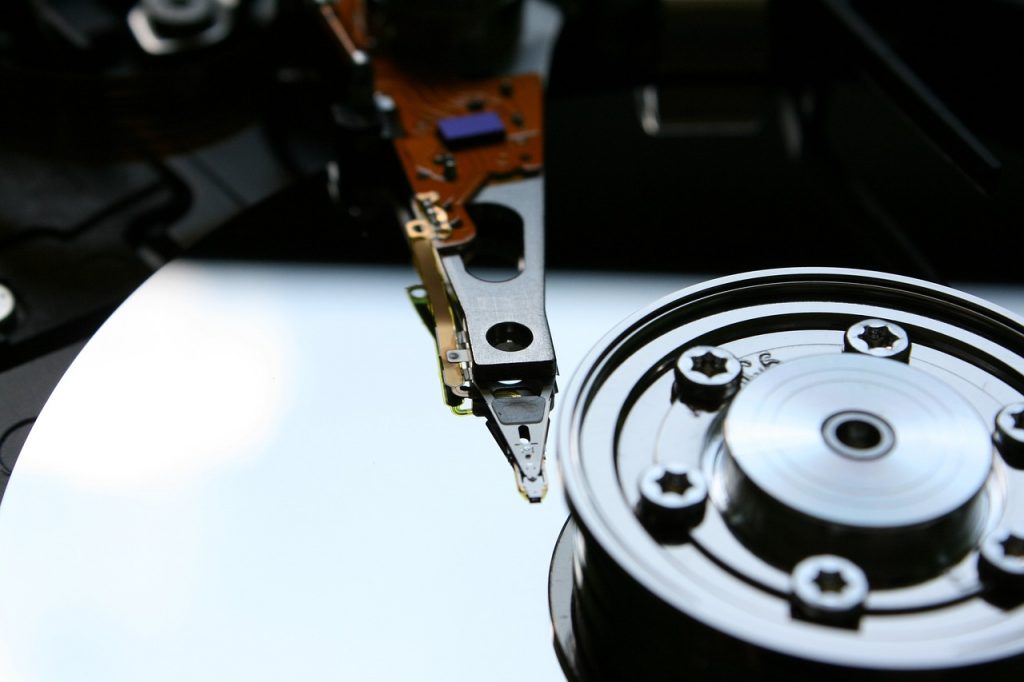
Conclusion
In the SSD vs. HDD battle, there is no one-size-fits-all answer. The right choice depends on your specific needs and preferences. SSDs excel in speed, durability, and energy efficiency, while HDDs offer cost-effective high storage capacity. Evaluate your usage and budget to make the choice that best suits you.
FAQs
1. Which is better, SSD or HDD for gaming?
- SSDs are the better choice for gaming due to their speed and responsiveness, reducing load times and improving gaming performance.
2. Are SSDs more expensive than HDDs?
- While SSDs used to be more expensive, their prices have become more competitive, and you can find affordable options.
3. Can I use both SSD and HDD in my desktop computer?
- Yes, many users opt for a combination of SSD and HDD in desktops to balance speed and storage capacity.
4. Are there any drawbacks to using an SSD?
- The main drawback of SSDs is that they are typically more expensive per gigabyte compared to HDDs.
5. How do I choose between SSD and HDD for my laptop?
- Consider your priorities – if you need speed, opt for an SSD, but if you need lots of storage, an HDD might be a better choice.
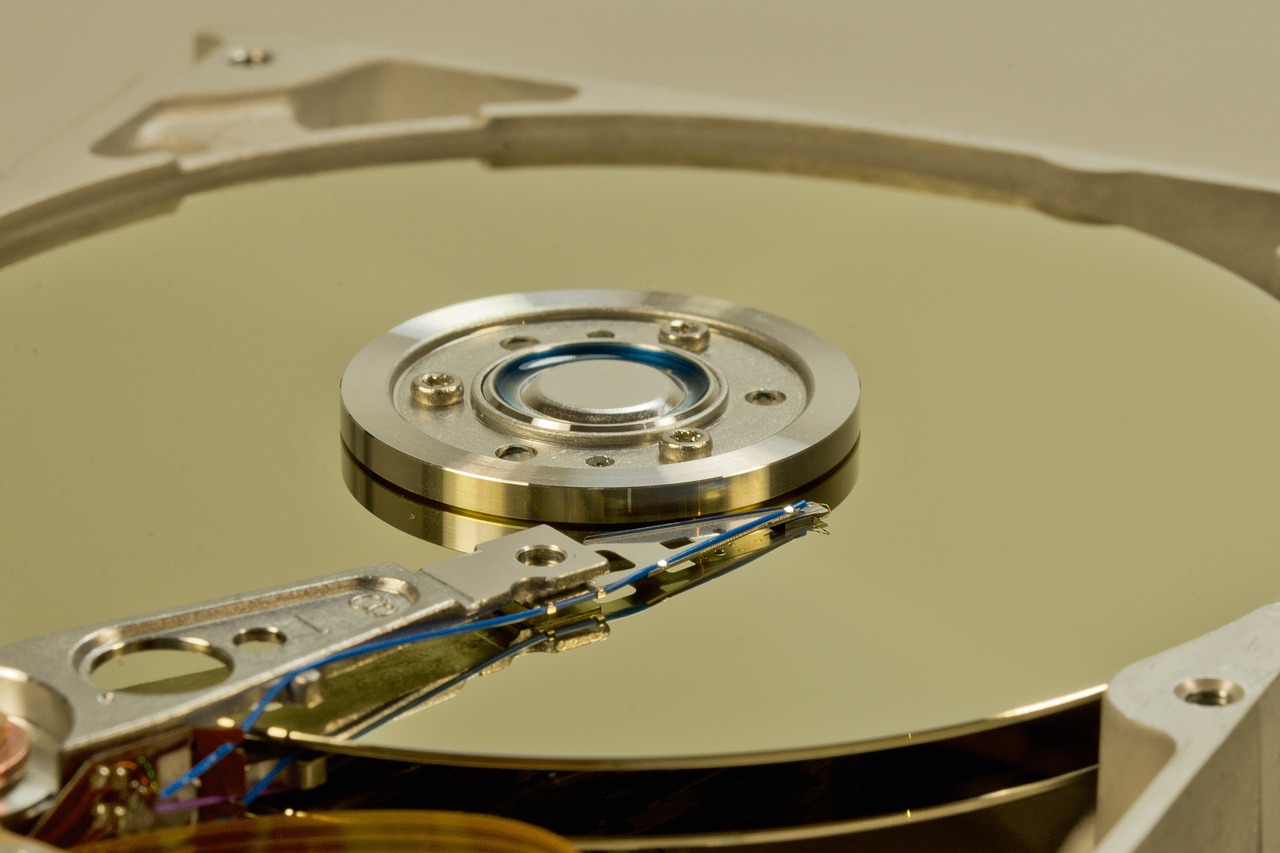
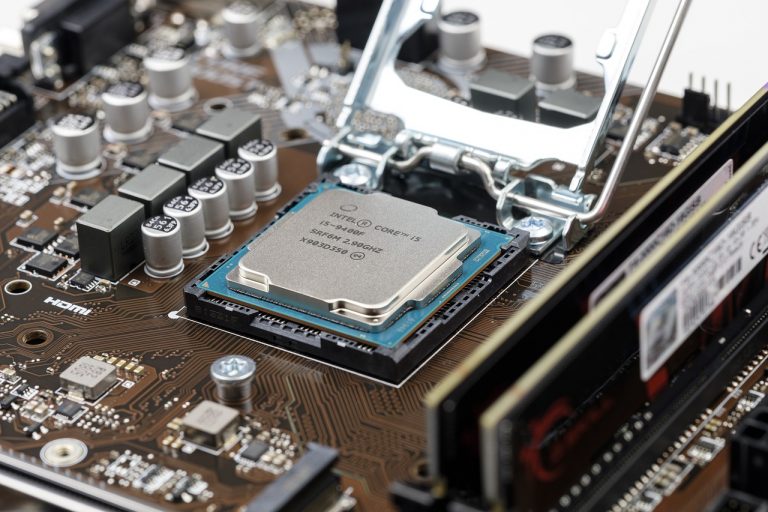
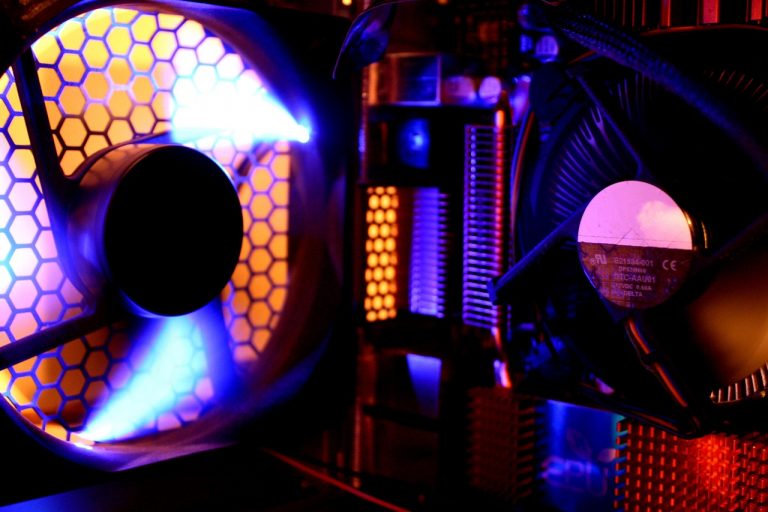
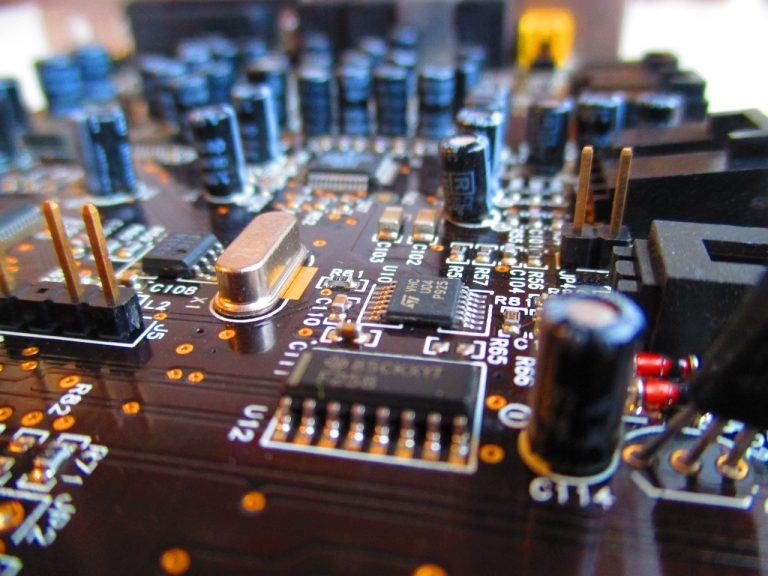









+ There are no comments
Add yours